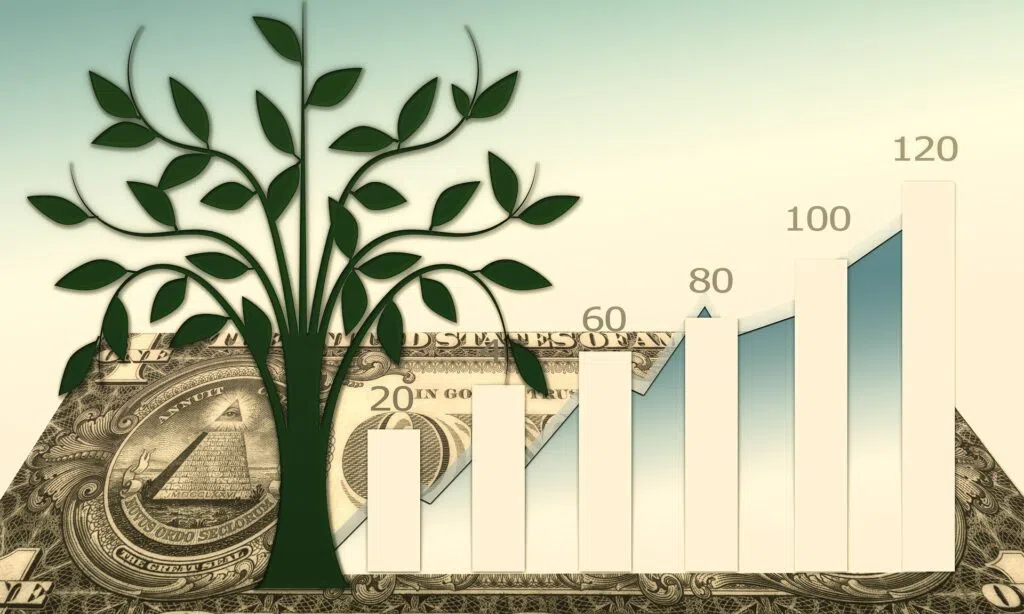Driven by green bonds and corporate investing in sustainability efforts, the worldwide impact investing market will top $1.1 trillion in assets under management, estimates the Global Impact Investing Network (GIIN).
GIIN outlines its findings in a market report and says the findings show the pressure organizations face to help finance the UN’s Sustainable Development Goals by 2030 and international net-zero targets by 2050. GIIN says it is the first time the organization’s impact market estimate has topped $1 trillion.
Impact investments are investments made into companies, organizations, and funds with the intent to generate a positive and measurable social and environmental impact that also results in a financial return. Impact investments can be made in emerging and developed markets and can target a range of returns from below-market to market rates, depending on an investor’s goals, according to GIIN. ESG investing is one approach for impact investing.
Recently increased shareholder pressure to invest cash reserves productively as well as stakeholder demands for businesses to work toward sustainability objectives have led to corporate impact investing, according to the report. The report finds that cash reserves held by all US companies are as high as $5.8 trillion in 2022 and those funds paired with sustainability objects will continue to give the market significant growth potential.
Green bonds have been around since the late-2000s and continue to gain popularity as financial tools to help companies achieve sustainability targets. In 2021 sustainable debt topped $1 trillion for the first time, with green bonds making up 45% of the historical total, according to BloombergNEF, but that market has cooled some in 2022.
Still, nearly $233 billion of green bonds were issued during the first half of 2022, according to a report from Refinitiv. PepsiCo and Equinix both attained green bonds of more than $1 billion this year.
Other financial tools, such as ESG-based exchange-traded funds, have gained popularity in recent years. Despite the increased focus on sustainable financing and investments, questions have been raised about how standards are defined and a CNBC report found many top corporate financial executives don’t trust ESG data and investment information.
GIIN, which produced the market report with Nuveen, says more than 3,300 organizations manage the worldwide impact investment funds. The average impact assets under undermanagement per organization is approximately $485 million, based on a sample of 1,289 organizations, GIIN says.
Fund managers account for 63% of the organizations in the report’s sample, and 61% of those have direct impact assets under management. GIIN only used investors that met the organization’s definition of impact investing in its final report.
The GIIN report found half of the organizations that manage impact investments are located in the US or Canada, but they account for 37% of the total assets under management. Europe has the most impact investment assets under management at 55%, while the rest of the world holds just a fraction of the funds.
GIIN says the estimate of the impact investment market will help organizations compare the financial offering to related sustainability-focused investment methods, track the amount of money involved in impact investing, and evaluate the evolution of the market.
“The results of this market sizing study should fill us with optimism and determination,” says GIIN Co-founder and CEO Amit Bouri. “We should be optimistic about the capacity of the impact investing market to enact positive change, and we must be determined to continue to grow the use of impact investing as a critical strategy to address the challenges of our time.”
